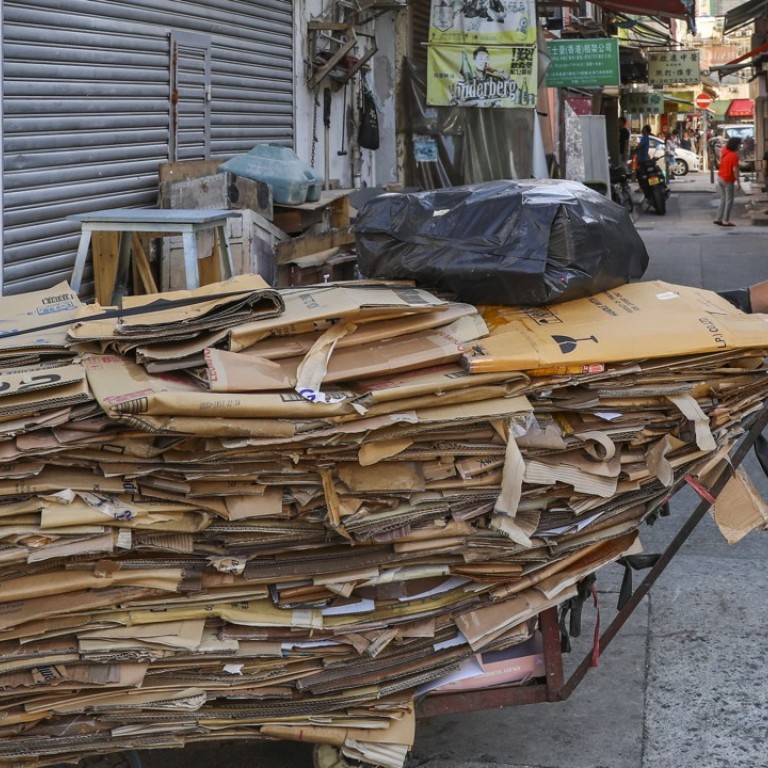Countless official reports and statistical analyses have demonstrated Hong Kong’s severe income disparity. Newspaper headlines bombard us with phrases like “intergenerational inequality”, “working poor”, “stagnant social mobility”, and “
elderly poverty”. For instance, in “
Call to tackle poverty with an extra HK$36.7b” (September 25), you point out that
Hong Kong’s Gini coefficient – or wealth gap – is at its highest since the city began keeping records on income equality 45 years ago.
Lamentably, given the individualistic and meritocratic ideology prevailing in the city, many Hongkongers do not necessarily perceive the worsening situation as being more “unjust”, even though they agree that it is now more “serious”.
There is a deep-seated belief in Hong Kong that sufficient opportunities have been
granted to the poor to improve their lives if they work hard. Such rhetoric is further reinforced by stories of the booming economy and trickle-down economics highlighted by the government and the business sector.
However, our city’s institutional designs guarantee the business sector the upper hand, when its interests and preferences are at odds with those of society as a whole. The sector enjoys special privileges in, and disproportionate influence over, the political system, such as in the Election Committee for the chief executive and their representation in the form of
functional constituencies in the legislature.
Thanks to
high-profile scandals among public officials, there is no abating the suspicion of government collusion with the business sector. Despite buzzwords like “positive interventionism” and “big market, small government”, the local government appears far from being a neutral coordinator.
The government did set up a Commission on Poverty and instituted a poverty line as poverty alleviation measures, but it seems that they operate on the assumption that a minimum and an adequate degree of protection is granted by the means-tested Comprehensive Social Security Assistance (CSSA).
Extreme poverty in crazy rich Hong Kong
Although the government has found ways to assist those who are not covered by the CSSA, such support mostly involves occasional and one-off handouts. Improving or strengthening the CSSA as a recurrent expenditure is never on the government’s agenda.
However, the severity of income inequality could easily spill over into the political sphere, as reflected in the stronger support for non-institutionalised social movements in recent years. Without a thorough re-orientation of the governing ideology or policy planning on resource distribution, people’s resentment towards the political system as a whole will only increase.
Adrian Lam, Tai Koo
This article appeared in the South China Morning Post print edition as: Those in government ignore growing wealth gap and social inequality at their own peril


